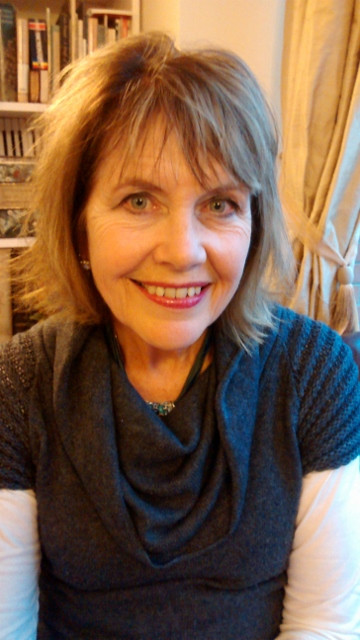
How and/or why did you become a therapist?
I became a Counsellor/Psychotherapist because a close member of my family nearly died and was treated at a hospital many miles away from where I lived. I received a lot of invaluable support from various people at that time and realised how important it is in times of crises to have someone who will listen.
What are the most rewarding aspects of being a therapist?
The most rewarding aspects of counselling are when a client comes for assessment and feels very anxious and/or depressed and can’t see a way out of that. The rewards for me are supporting them through difficult times and helping them find coping strategies.
What’s unique or special in your background or approach to interpersonal relationships?
I feel that one of my special qualities is that I’m able to understand that people deal with stress in very different ways – there’s not usually s right way or wrong way. Bereavement and divorce are losses experienced by many of my clients but they will all feel differently about their loss. In the same way, anxiety and stress have a different impact on many clients and strategies need to be tailored to each individual. There’s no ‘one size fits all’.
What are your favorite or most interesting interpersonal relationship tips/advice?
My relationship tip is that people have very different expectations of relationships nowadays and that it’s hard for our partners to fulfil every single aspect of modern life – most of us still need friends and outside interests to bring back to the relationship to keep it fresh.
What are some things about therapy that you want to increase public awareness about?
I’d like to increase public awareness about the fact that relationship counselling can help couples to look at things differently and hopefully more positively.
What are some of the biggest mistakes a therapist or patient can make?
One of the biggest mistakes a therapist can make is to make assumptions about a client without conducting an in-depth assessment. A mistake that clients sometimes make is that a client/therapist will ‘judge’ them – hopefully, this is never the case as the counsellor will want to support them in difficulties they’re trying to overcome at a particular point in their lives.
Bio
About me – if you’re wondering about having one-to-one counselling, I offer sessions to help deal with many of the issues that you may be trying to cope with. If you’re suffering from anxiety, have relationship difficulties or feel sad a lot of the time, it’s bound to be having a big effect on your day-to-day life. If that’s the case it’s definitely worth doing something about it, even if you haven’t tried counselling before.
You can learn more about Ann Hogan at www.annhogancounselling.co.uk.